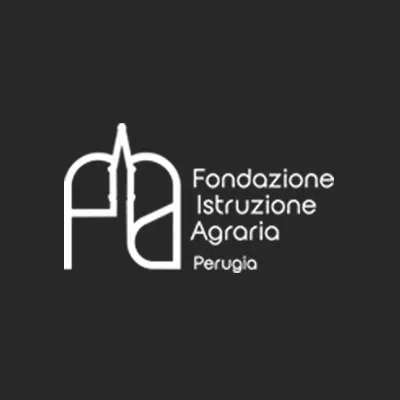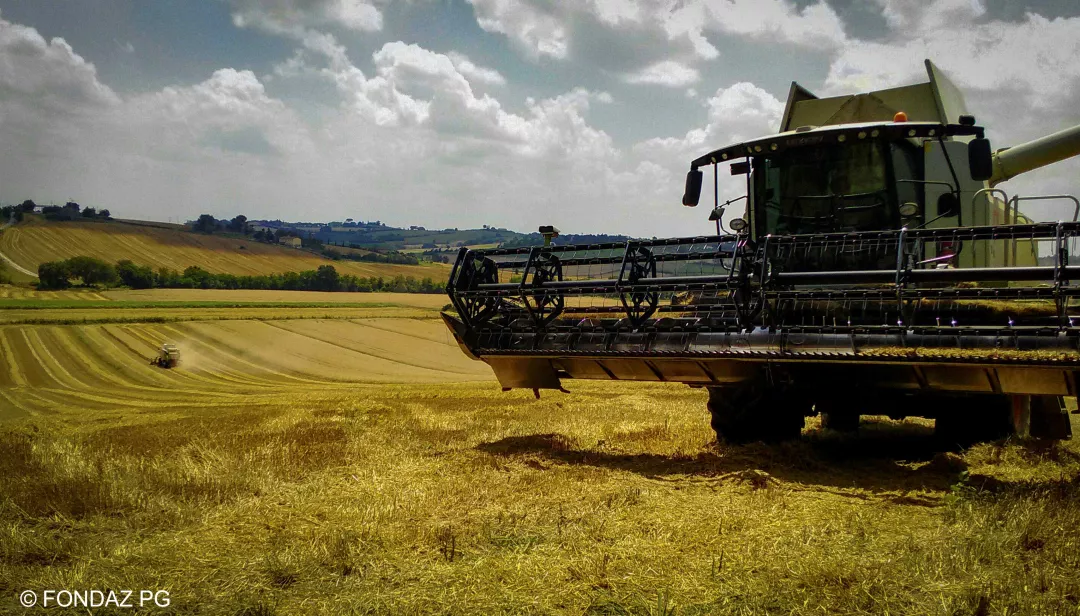General information
RDP Priority
- P4. Ecosystems management
RDP Focus Area
- 4B: Water management
RDP Measure
- M10: Agri-environment-climate
Summary
The ‘Fondazione per l’Istruzione Agrarian’ (FIA) is an NGO that manages some 1 800 hectares of land near Perugia, in the region of Umbria. The FIA was established in 1860 to manage that farmland as well as train young people to become professional farmers. Support from the Umbrian Rural Development Programme enabled the FIA to improve the environmental and financial performance of its farm by adopting new integrated farming methods.
Results
The new measures have resulted in a 27% reduction in nitrogen fertiliser consumption, soil organic matter increase due to longer crop rotations, and improvement in the quality of the farm’s meat.

Promoter
Fondazione per l’instruzione agraria
Funding
Total budget 2 289 293.74 (EUR)
EAFRD 987 141.00 (EUR)
National/Regional 1 302 152.74 (EUR)
Sujets
Ressources
Documents
Foundation for Agrarian Education - adopting integrated farming methods for sustainability
(PDF – 3.56 Mo)
Context
The ‘Fondazione per l’Istruzione Agrarian’ (FIA) is an NGO managing some 1 800 hectares of land near Perugia, in the region of Umbria. The FIA was established in 1860 to not only manage that farmland but also to train young people to become professional farmers.
In recent years, the FIA started to adopt more sustainable farming methods because it became evident that this would be the best way to manage its various activities (cattle rearing, wine, olive oil, cereals and hazelnut production) in an economic and environmentally sustainable way.
Objectives
The support received by the FIA was used to improve the environmental performance of the farm, reduce production costs and demonstrate new integrated farming methods to university students during their internships at FIA.
Activities
The FIA applied for and received two types of support for undertaking multiannual commitments under the agri-environment-climate measure of the Rural Development Programme of Umbria.
The first type of support financed a series of operations, including the use of bio-stimulants and leaves-as-fertiliser on most of the farm’s crops (vineyards, olive trees, etc.); the implementation of yearly soil analyses in order to reduce the consumption of nitrogen fertilisers; the introduction of longer crop rotations to improve natural soil fertility; introduction of ferti-irrigation whereby wastewater with high nutrient content was applied to 50 hectares of hazelnuts; and some improvements to the livestock diet to make it more balanced.
The second type of support financed the creation of nearly 100 small, 0.5-ha plots of land to act as biodiversity hotspots. On these plots, the FIA sowed a mix of wild plants to attract pollinating insects and wild animals.
Main results
The use of bio-stimulants and fertilisers from leaves on the arable crops, coupled with regular soil analyses, resulted in a 27% reduction in nitrogen fertiliser consumption.
Soil organic matter increased due to the longer crop rotations.
The application of ferti-irrigation improved the quality of the hazelnut harvest.
The quality of the farm’s meat has improved thanks to the new, balanced diet that the FIA feeds to the livestock.
Key lessons
Converting a large, diversified farm into a more sustainable production system is a lengthy process that requires long-term planning. CAP support can play a key role in supporting a transition to integrated farming practices and this significantly reduces management costs.
Managing the biodiversity hotspots proved quite challenging. This was because some of the plant varieties overtook and dominated what was intended to be a diverse array of plant species. Ongoing monitoring and re-sowing are necessary to guard against this.
“RDP support proved very helpful to move forward towards more sustainable farming patterns.”
Mauro Brunetti
